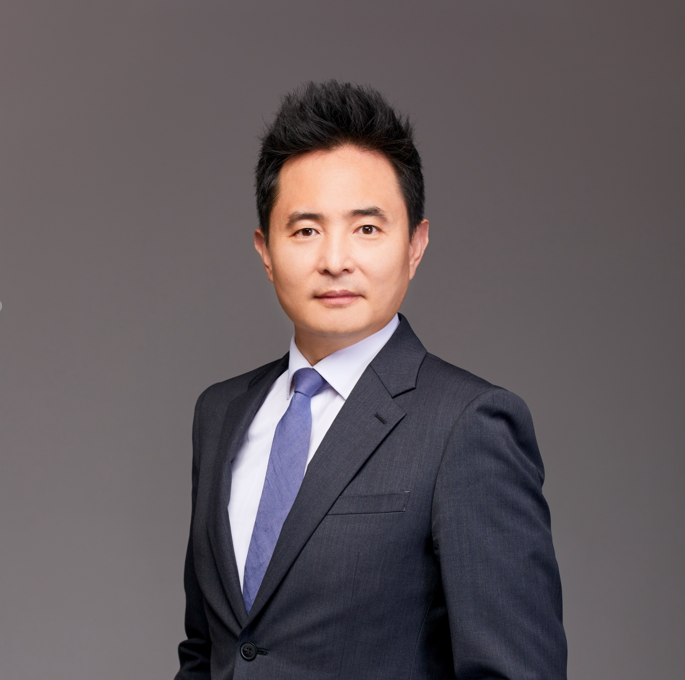Rapid Learning, Enhanced Data Protection : Dual Storage Strategy for AI Workloads
Session Overview
The storage industry is rapidly evolving with SSDs and AI-driven demand, but HDDs remain vital for economical, large-scale, and archival use. SSDs provide speed, while HDDs deliver capacity, and future storage strategies must balance workloads with the strengths of each medium.
- SSDs offer fast response and strong read/write performance but are vulnerable to heat and electrical shock. HDDs provide larger capacity at lower cost but are sensitive to vibration. Choosing the right medium depends on the workload.
- Next-generation hard drives with higher recording density will continue to evolve, and effective storage design must balance workload requirements with the strengths and limits of each medium.
Speaker

JK Kim has amassed extensive experience and expertise in the fields of data backup, protection, and disaster recovery. He started his career as a technical support engineer and solutions architect at multinational backup equipment and data protection solution companies including StorageTek, ADIC, and Quantum. Over the years, he has been responsible for planning and overseeing data center relocation backup strategies, managing server infrastructure systems, and supervising DR (Disaster Recovery) implementation. Currently, at Seagate, he is in charge of enterprise solutions, where he is exploring safer and more cost-effective storage configurations.

